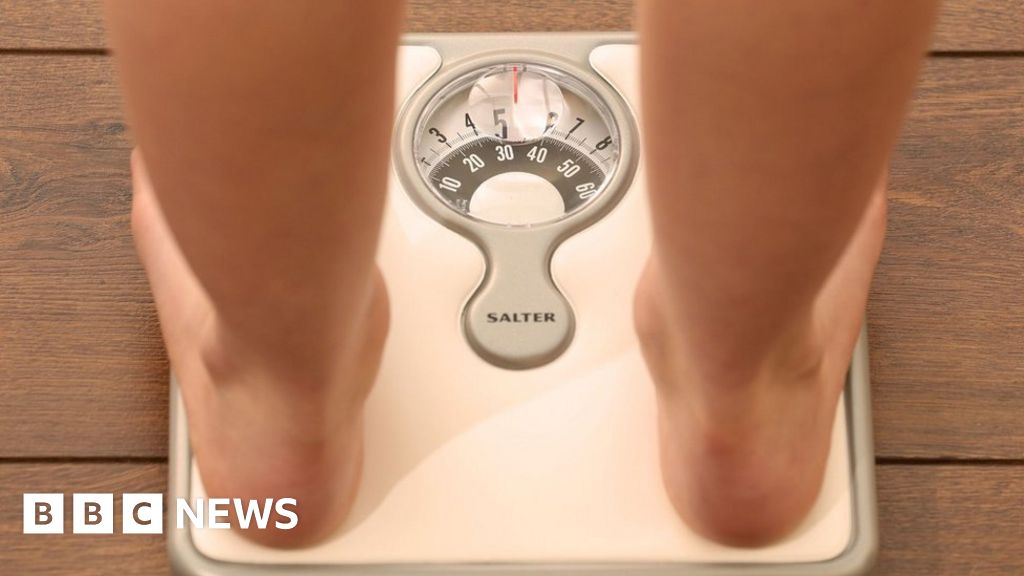4 simple remedies to add to your routine to relieve constipation symptoms from a pelvic-health specialist
Have you ever noticed that if you drink coffee daily, it’s almost as if just the smell of coffee beans can get your intestines moving? Or have you found yourself going straight for the restroom when … [read more]
Background
Relieving constipation symptoms often involves making lifestyle and dietary changes. Here are some strategies that may help:
- Increase Fiber Intake:
- Include more fiber-rich foods in your diet, such as fruits, vegetables, whole grains, and legumes. Fiber adds bulk to the stool, making it easier to pass.
- Stay Hydrated:
- Drink plenty of water throughout the day. Adequate hydration helps soften the stool and promotes regular bowel movements.
- Regular Exercise:
- Engage in regular physical activity. Exercise stimulates the muscles in your intestines, aiding in the movement of stool through the digestive tract.
- Establish a Routine:
- Try to establish a regular schedule for bowel movements. Consistency can help regulate your digestive system.
- Probiotics:
- Consider incorporating probiotics into your diet. These are beneficial bacteria that can promote a healthy gut environment. Probiotics can be found in yogurt, kefir, and fermented foods.
- Avoid Processed Foods:
- Limit your intake of processed and low-fiber foods, as they can contribute to constipation. Instead, focus on whole, nutrient-rich foods.
- Prunes and Prune Juice:
- Prunes are known for their natural laxative effect. Prune juice can also be effective in relieving constipation. Start with a small amount and gradually increase if needed.
- Magnesium Supplements:
- Magnesium helps relax the muscles in the intestines, and magnesium supplements may be used to relieve constipation. However, it’s essential to consult with a healthcare professional before taking any supplements.
- Avoid Holding In Bowel Movements:
- When you feel the urge to have a bowel movement, don’t delay. Holding it in can contribute to constipation.
- Over-the-Counter Laxatives:
- In some cases, over-the-counter laxatives may be used for short-term relief. However, it’s crucial to use them under the guidance of a healthcare professional, as long-term use can lead to dependence.
- Consult a Healthcare Professional:
- If constipation persists or is accompanied by other concerning symptoms, it’s important to consult with a healthcare professional for a proper diagnosis and appropriate treatment.






